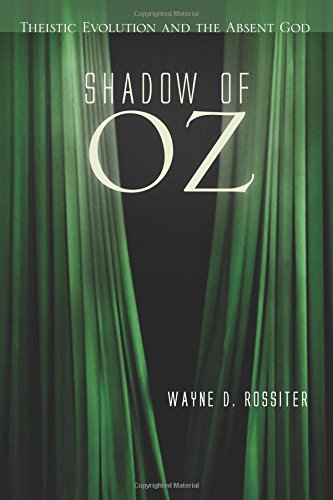 From Wayne State biologist Wayne Rossiter at his blog:
From Wayne State biologist Wayne Rossiter at his blog:
A critique of Plantinga’s argument for the compatibility of Darwinian evolution and Christianity.
Plantinga’s principle concern (stated in the first line of his first essay) is “Are science and religion compatible?” After some meandering, he refines the search a bit, offering, “Theistic religion endorses special divine action in the world—miracles, for example—but such action would contravene the laws promulgated by science. There is such a thing as the scientific worldview, and it is incompatible with theistic religion.” If it were true that “science” as a practice rightly conforms to this “scientific worldview” (read: naturalism), then I suppose we could stop here (on page two of the essay) and say that Plantinga has just given the game to Dennett. The two are incompatible. Thus, it is Plantinga’s main intent to create a space between naturalism and science, where religion can get along.
…
Okay, so how then does Plantinga find compatibility between science and theism? First, he points out that areas of science often aren’t even compatible with one another, and thus can’t be compatible with anything (he uses general relativity and current quantum theory as an example). Plantinga then focuses his gaze upon contemporary evolutionary theory. He seeks to diffuse the idea that evolution, “implies that neither God nor anyone else has designed, planned or intended human beings come to be.” If science held this, then it would be incompatible with Christian theism.
Plantinga then hones in even tighter on what he perceives to be the apparent point of conflict. He sees four major claims in evolutionary theory: 1) the planet is very ancient 2) there is descent with modification 3) universal common ancestry unites all life 4) the Darwinian mechanism is random mutation winnowed by natural selection. Of these, only the fourth registers as a concern for Plantinga theologically.More.
Rossiter begs to differ.
See also: Rossiter on Swamidass: Goalposts? What goalposts?
Follow UD News at Twitter!